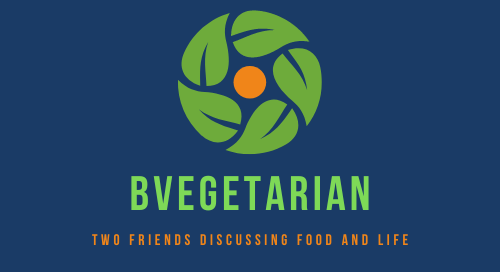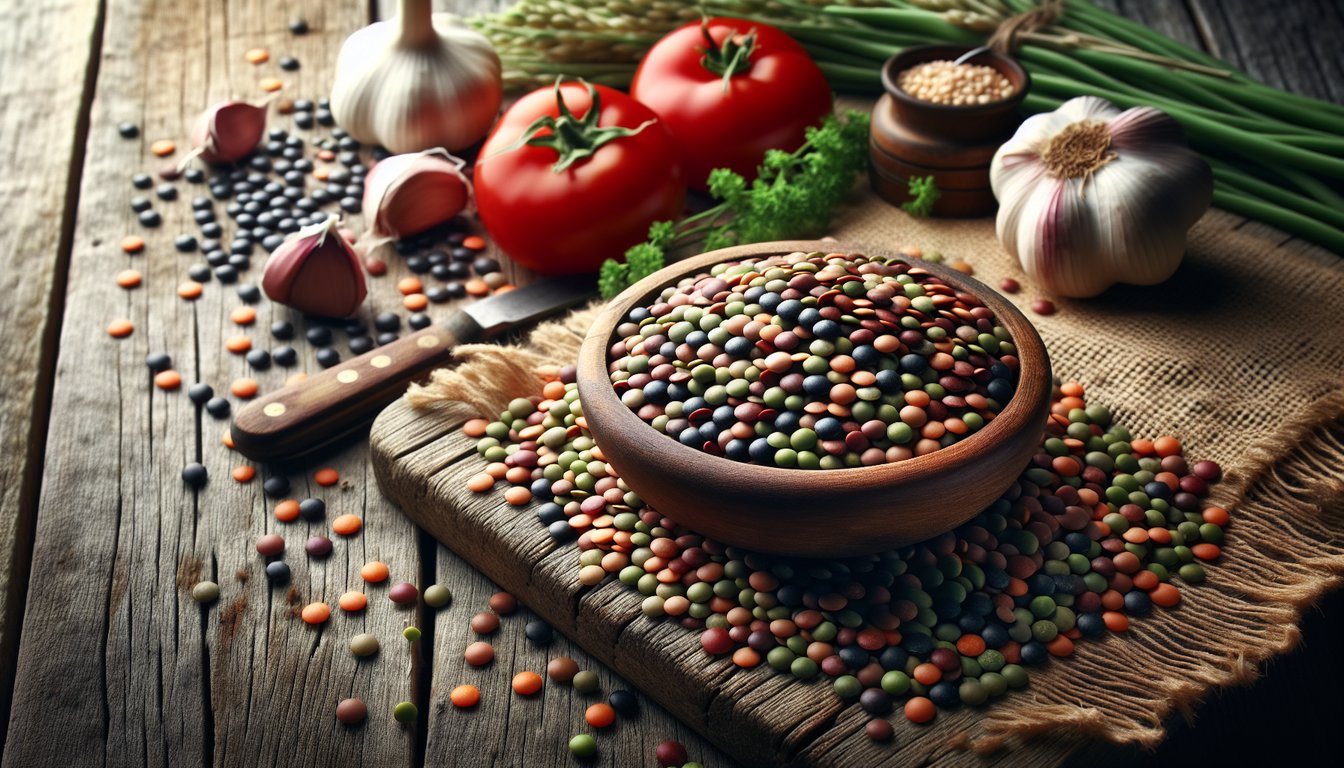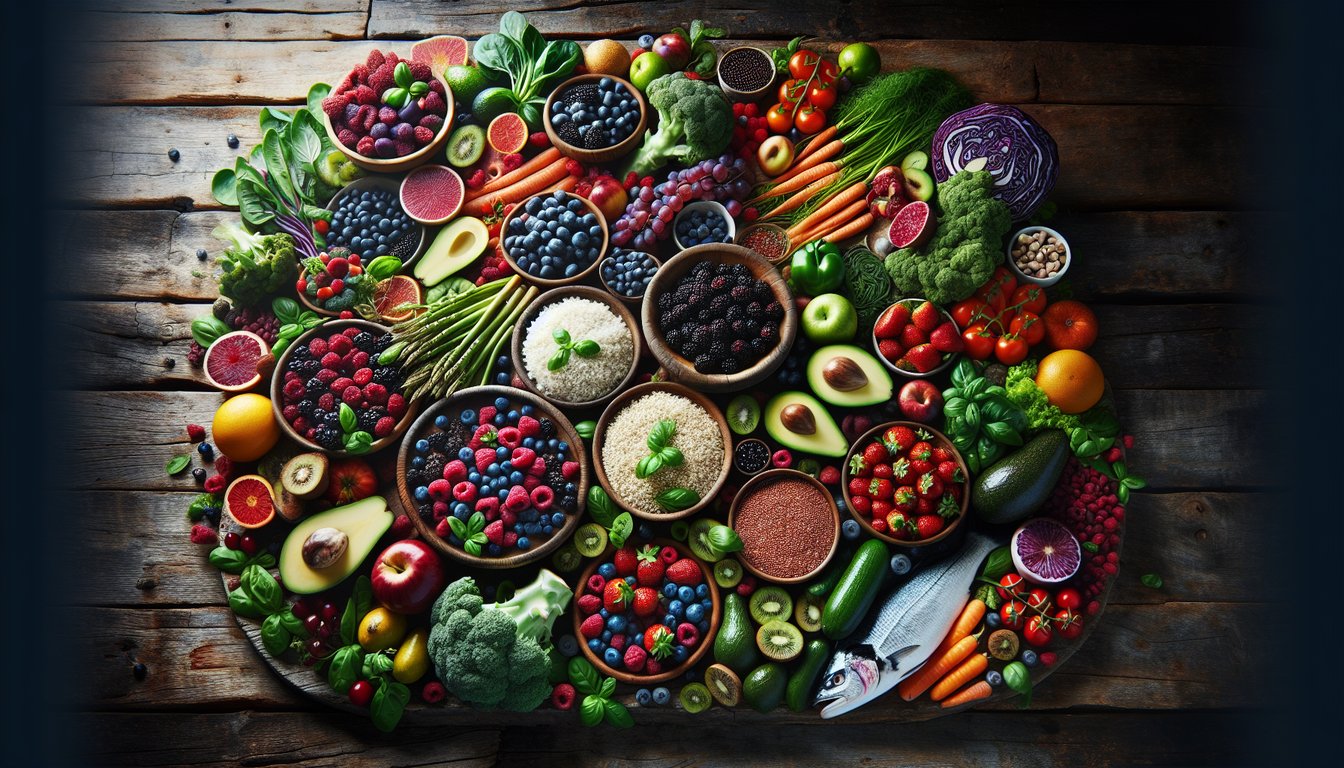The humble lentil, despite its small size, packs a powerful punch in the culinary and nutritional world. This versatile legume is a staple in various cuisines across the globe, offering a myriad of uses, mouth-watering recipes, and incredible health benefits. Whether you’re a seasoned chef or a home cook, lentils are a must-have in your pantry. Let’s dive deeper into understanding this nutritional powerhouse and explore where you can find the best quality lentils.
Usage of Lentils
Lentils are incredibly versatile and can be used in an array of dishes. Whether you’re aiming for a hearty meal or a light snack, lentils can fit the bill. Here are some common ways to use lentils:
- Soups and Stews: Lentils add bulk and nutrition to soups and stews, making them more filling and flavorful.
- Salads: Cooked lentils can be tossed with vegetables and a light dressing for a nutritious salad.
- Side Dishes: Simple preparations of lentils with herbs and spices make for excellent sides.
- Burgers and Patties: Lentils can be mashed and combined with other ingredients to form vegetarian burgers or patties.
Delectable Lentil Recipes
- Classic Lentil Soup
Ingredients:
- 1 cup of lentils
- 1 onion, chopped
- 2 carrots, diced
- 2 celery stalks, chopped
- 2 garlic cloves, minced
- 6 cups of vegetable broth
- Salt and pepper to taste
- 1 bay leaf
- 2 tablespoons of olive oil
Instructions:
- Heat the olive oil in a large pot over medium heat. Add the onion, carrots, and celery. Cook until softened, about 5 minutes.
- Stir in the garlic and cook for another minute.
- Add the lentils, vegetable broth, bay leaf, salt, and pepper. Bring to a boil, then reduce the heat and let it simmer until the lentils are tender, about 30 minutes.
- Remove the bay leaf and serve hot.
- Lentil Salad with Lemon Vinaigrette
Ingredients:
- 1 cup of cooked lentils
- 1 cucumber, diced
- 1 red bell pepper, diced
- 1/4 cup of chopped red onion
- 1/4 cup of chopped parsley
- 2 tablespoons of lemon juice
- 3 tablespoons of extra-virgin olive oil
- Salt and pepper to taste
Instructions:
- Mix the lemon juice, olive oil, salt, and pepper in a small bowl to make the vinaigrette.
- In a large bowl, combine the cooked lentils, cucumber, red bell pepper, red onion, and parsley.
- Pour the vinaigrette over the salad and toss to combine. Serve chilled or at room temperature.
Health Benefits of Lentils
Lentils are not only versatile but also incredibly nutritious. Here are some key health benefits of consuming lentils:
- Rich in Protein: Lentils are an excellent source of plant-based protein, making them ideal for vegetarians and vegans. According to Healthline, a single cup of cooked lentils provides about 18 grams of protein.
- High in Fiber: Lentils are packed with dietary fiber, which aids in digestion and promotes a healthy gut. A cup of cooked lentils contains over 15 grams of fiber.
- Low in Fat: Lentils are naturally low in fat, making them a heart-healthy food option.
- Rich in Iron: Lentils provide a significant amount of iron, essential for transporting oxygen throughout the body.
- Loaded with Vitamins and Minerals: Lentils are a good source of important nutrients like folate, magnesium, and potassium.
Where to Find Quality Lentils
Finding high-quality lentils is crucial for both taste and nutritional benefits. Here are some reliable sources where you can purchase top-notch lentils:
- Amazon: Offers a wide range of lentils, including organic and specialty varieties.
- Whole Foods Market: Known for its high-quality organic products, Whole Foods offers a great selection of lentils.
- Trader Joe’s: This popular grocery chain provides a variety of lentils at affordable prices.
- Bob’s Red Mill: Renowned for its high-quality grains and legumes, including various types of lentils.




